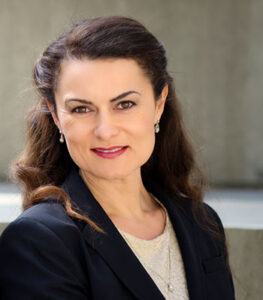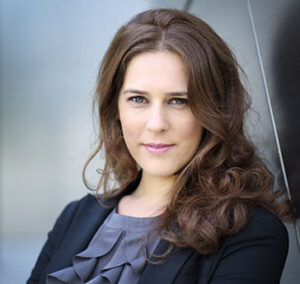Under California law, employees fall within one of two classifications: (1) nonexempt, hourly employees, who are entitled to overtime pay (and certain other benefits), or (2) exempt, salaried employees, who are not entitled to overtime pay (or certain other benefits). Because in many ways it is advantageous for employers to classify employees as exempt (so as to avoid paying overtime, keeping meticulous time records, and providing meal and rest breaks, among other things), in order to protect employees from being misclassified, by default, the law considers employees to be nonexempt, and it is the employer’s burden to demonstrate that an exempt employee meets each of the eligibility requirements to be correctly classified as exempt.
In Zelasko-Barrett v. Brayton-Purcell, LLP, 198 Cal. App. 4th 582, 591 (2011), the Court of Appeal considered whether an unlicensed law clerk working for a law firm was properly classified as exempt, finding that he was.
The Court explained that California law recognizes certain exemptions from the overtime requirements, such as the executive, administrative, and professional exemptions, among others. An employee falls within one of these exemptions when he or she “is primarily engaged in the duties that meet the test of the exemption, customarily and regularly exercises discretion and independent judgment in performing those duties, and earns a monthly salary equivalent to no less than two times the state minimum wage for full-time employment.” Id. at 585.
The Court addressed only the professional exemption, which applies to an employee
(a) Who is licensed or certified by the State of California and is primarily engaged in the practice of one of the following recognized professions: law, medicine, dentistry, optometry, architecture, engineering, teaching, or accounting; or (b) Who is primarily engaged in an occupation commonly recognized as a learned or artistic profession. . . . ‘[L]earned or artistic profession’ means an employee who is primarily engaged in the performance of: (i) Work requiring knowledge of an advanced type in a field or science or learning customarily acquired by a prolonged course of specialized intellectual instruction and study, as distinguished from a general academic education and from an apprenticeship, and from training in the performance of routine mental, manual, or physical processes, or work that is an essential part of or necessarily incident to any of the above work; or (ii) [Work that is original and creative in character in a recognized field of artistic endeavor (as opposed to work which can be produced by a person endowed with general manual or intellectual ability and training), and the result of which depends primarily on the invention, imagination, or talent of the employee or work that is an essential part of or necessarily incident to any of the above work]; and (iii) Whose work is predominantly intellectual and varied in character (as opposed to routine mental, manual, mechanical, or physical work) and is of such character that the output produced or the result accomplished cannot be standardized in relation to a given period of time.
Id. at 586 (citing Cal. Code Regs. section 11040(1)(A)(3)).
The Court stated that “[d]uring the period that plaintiff was employed in the Law Clerk II position, he performed tasks customarily performed by junior attorneys. Although he was supervised by a licensed attorney and did not sign his name to pleadings, he drafted pleadings and discovery demands and responses, did legal research and drafted memoranda of points and authorities and supporting declarations, interviewed witnesses, assisted in deposition preparation and interacted with opposing counsel concerning discovery issues.” Id. at 585.
The Court also stated that “Plaintiff’s declaration did state that his work was supervised, corrected, and approved by a supervising attorney, that ‘the ultimate decision to craft an argument’ was not made by him but by the supervising attorney, and that because he was not yet authorized to practice law there were tasks that he could not and did not perform, such as signing pleadings, making court appearances, and rendering advice to clients. While all of that may well be true, the existence of such limitations and oversight does not negate the fact that his responsibilities required the exercise of discretion and judgment.” Id. at 591.
The Court further found that “Plaintiff provided no description of his responsibilities that would support a finding that his tasks were ‘routine mental, manual, mechanical, or physical work’ or that he did not ‘customarily and regularly exercise[] discretion and independent judgment in the performance of’ his duties.” Id. at 592 (citation omitted).
Based on these conclusions, the Court affirmed summary judgment in favor of the defendant.
* Appellant’s petition for review by the California Supreme Court was denied November 2, 2011.
*****
Bernstein & Friedland, P.C. is a boutique employment law firm in Los Angeles specializing in wrongful termination, discrimination, harassment, retaliation, and unpaid wage and overtime matters. Please visit our website at www.laemploymentcounsel.com to learn more about us.

